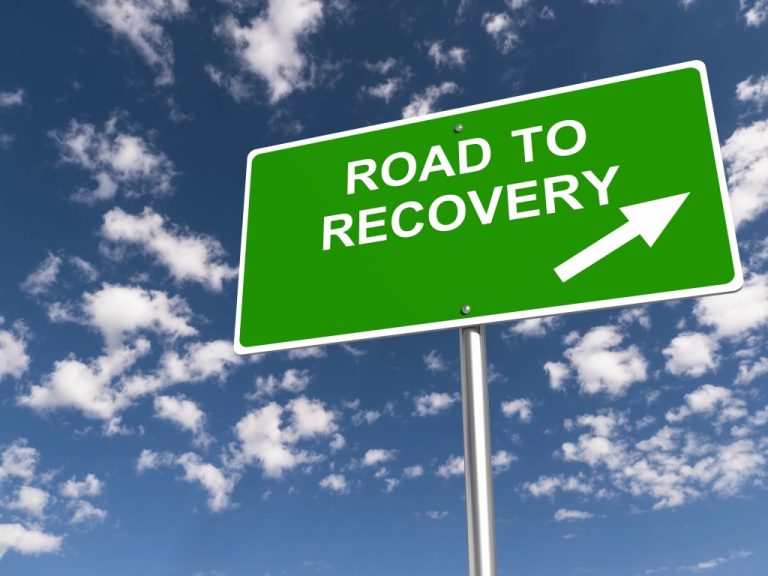There are two separate types of diagnostic criteria for IED, per the DSM-5. To qualify for a diagnosis, you must experience at least one of the two types of http://peacekeeper.ru/en/news/32630 outbursts. It’s been written about and explored in research, and it’s an informal term used to describe someone who seems unable to control their temper.
Lean on Your Loved Ones
Research highlights a genetic component to the disorder, as about half of one’s predisposition to alcoholism can be attributed to genetic makeup. People may turn to alcohol as a way to cope with trauma or other, often unrecognized psychological disorders. Socially, alcoholism may be tied to family dysfunction or a culture of drinking. http://adamovka.ru/saint/?id=1515 Self-awareness is important for everyone’s mental health, but it is especially necessary for people with AUD and anger issues. Understanding your emotions and making smart decisions about alcohol consumption is the best way to avoid problems. The first step in dealing with dry drunk syndrome is the same as it was for quitting alcohol.
Learning Center
Most of these treatments come from the framework of cognitive behavioral therapy (CBT). CBT is a diverse psychotherapy that focuses on identifying unhelpful thoughts and behaviors and creating new, helpful patterns of thinking and feeling. If you find yourself in a situation with someone who is angry while intoxicated, the first step is to assess your level of risk. There’s a difference in safety between someone who is expressing anger verbally and one who has become physically aggressive. Online programs like Ria Health can give you or your loved one access to coaching support, anti-craving medication, and helpful digital tools. Whether you want to reduce drinking or quit altogether Ria will partner with you to design a program to meet your personal goals.
- Groups like Al-Anon or Al-Teen are available to help support people who have been affected by a loved one’s alcoholism.
- Impairment in judgment and impulse control from heavy drinking can cause anger to escalate to rage and even violence.
- Therapy can help people who suffered as a child to address those challenges and develop healthier coping skills.
- Loved ones can provide immeasurable support, but they almost take care of themselves throughout an often difficult journey.
- There are a number of cognitive, neurobiological, and social factors that can influence how alcohol affects aggression.
- Alcohol consumption was also linked to a greater risk for stroke, coronary disease, heart failure, and fatally high blood pressure.
Alcohol & Romantic Relationships: Reflections & Advice from Oar’s Ambassadors
- Talking to loved ones about what you’re experiencing and sharing as much as you feel comfortable with can help them understand your distress.
- The more calm and rational you can remain, the better the chances are that their anger will simmer down.
- It decreases inhibition and can increase stress hormones like cortisol, making some individuals more prone to anger and aggression when drinking.
- Some have criticized Alcoholics Anonymous and other 12-step programs because they are rooted in religious ideology rather than scientific principles.
- Some individuals exhibit “trait anger,” a personality trait that means they continually look for triggers that make them angry.
- This may explain why they are angry more often and act more aggressively than someone who does not have this personality trait.
- One study published in a journal called Cognitive, Affective, & Behavioral Neuroscience sought to explore factors that make some people more aggressive when they drink.
For many, beer, wine, and spirits conjure up thoughts of social gatherings and tipsy fun. But alcohol is a nervous system depressant and easily alters behavior, culminating in some cases in the emotional pain and physical disintegration of alcohol addiction, colloquially known as alcoholism. Experts continue to debate the benefits and risks of drinking and passionately argue over whether moderation or complete abstinence is the best option for those who struggle with alcoholism.
- Alcohol had minimal impact on aggression for those who thought about future consequences.
- They completed surveys assessing their endorsement of traditional masculine norms, use of thought suppression, and both trait and alcohol-related aggression.
- Moderation management or moderation treatment can be an effective approach, in which people learn responsible drinking habits through a structured program.
- Plus, we’re always introducing new features to optimize your in-app experience.
Under the influence of alcohol, those already predisposed toward anger may vent or, more seriously, direct their anger toward a target that might be experienced as less threatening than the original target. I’ve observed this pattern over several decades in helping clients deal with anger. This disinhibiting aspect of alcohol in effect paves the way for feelings to dominate thoughts and behavior. Although it may be easier said than done, dialing back your drinking can alleviate the problem. If you notice a connection between drinking heavily and your feelings of anger it is well worth trying this proactive approach.

- These alcoholic rage symptoms cause people to become violent and aggressive, even when the outlet is someone they seem to love or care about.
- Drinking may also be a method to self-medicate negative emotions, including anger.
- Results showed enough escalation in people consuming these drinks to label the beverages a “potential risk” to increased hostility.
Becoming dependent on alcohol can lead to challenges for both the mind and the body. You don’t need a formal diagnosis to seek help from a therapist or counselor. Talking with someone about what you’re experiencing can help you discover why anger has become such a large part of your life. However, it can be important for your mental health and overall well-being to prioritize your own needs when angry interactions get to be too much. When someone displays rageaholic behaviors, there may be an underlying medical condition.

How Does Alcohol Affect the Brain?
Having helpful coping techniques in place can make it easier to manage distressing emotions and thoughts about drinking. While the phrase “dry drunk” is controversial, the set of symptoms it refers to are a normal part of recovery for plenty of people and nothing to be ashamed about. In other words, someone who’s sober might still “act drunk” or deal with the same issues that led them to quit drinking in the first place.

They completed surveys assessing their endorsement of traditional masculine norms, use of thought suppression, and both trait and alcohol-related aggression. It was found that thought suppression mediated the association between the toughness masculine norm and alcohol-related aggression. Take our short alcohol quiz to learn where you fall on the drinking spectrum and http://mro-nw.ru/futbol/page/16/ if you might benefit from quitting or cutting back on alcohol. In a 2017 report, researchers shared their findings of the relationship between alcohol and dating violence. The study included 67 undergraduate men who were currently dating someone. There are a number of cognitive, neurobiological, and social factors that can influence how alcohol affects aggression.
